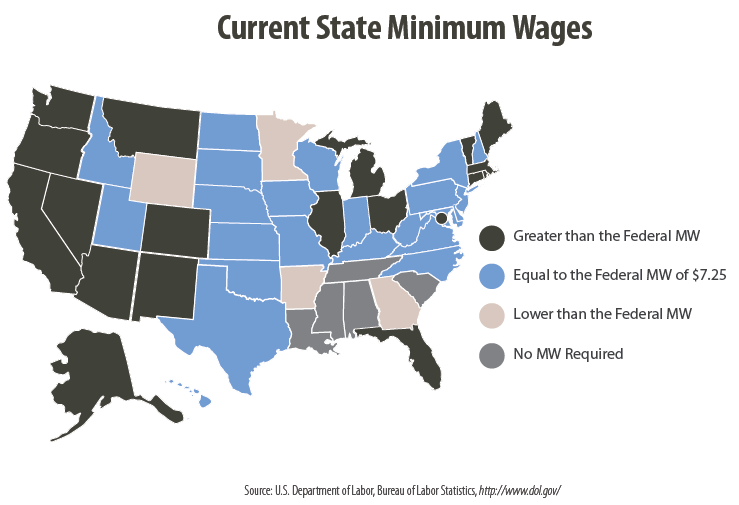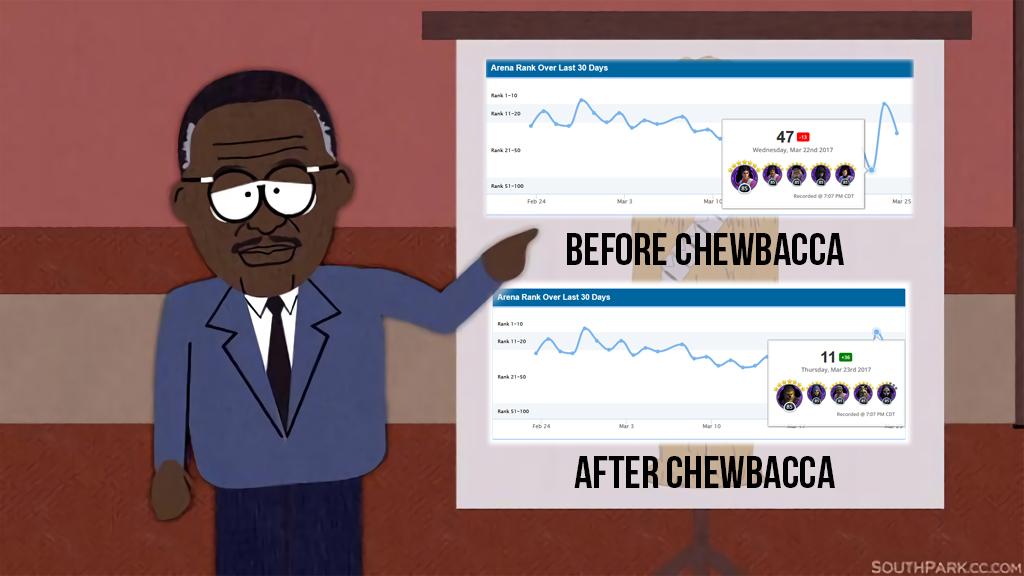2015 was a big year for employment and wage law. Gig workers got unions. Cheerleaders got employee status. Heck, even Walmart raised their wages.
And a whole bunch of cities and states followed suit. So who’s got a new minimum wage this year? Let’s take a look:
The Dignified Dozen
Beginning January 1, 12 states are raising their minimum wage:
- Alaska to $9.75
- Arkansas to $8.00
- California to $10.00
- Connecticut to $9.60
- Hawaii to $8.50
- Massachusetts to $10.00
- Michigan to $8.50
- Nebraska to $9.00
- New York to $9.00
- Rhode Island to $9.60
- Vermont to $9.60
- West Virginia to $8.75
Colorado and South Dakota are also due for automatic increases based on the cost of living to $8.31 and $8.55, respectively. And Maryland, which increased its minimum wage from $8 an hour to $8.25 this year, is set for another bump on July 1, 2016 to $8.75.
Large cities like Los Angeles, New York, Seattle, San Francisco, and Chicago have moved to hike minimum hourly wages, some to $15. And, as noted above, major companies including McDonald’s, Facebook, and Target also raised their wages. The current federal minimum wage, to which most states adhere, is $7.25 an hour.
Instant Impact
The argument against such increases has always been their negative effect on businesses in general, and small businesses in particular. The contention being that while some employees would make more money, businesses could afford fewer employees overall, or be forced to fire staff or pass on costs to customers, which in turn could decrease revenue.
But recent studies have begun to debunk that theory. The Cornell University School of Hotel Administration recently released a report entitled “Have Minimum Wage Increases Hurt the Restaurant Industry? The Evidence Says No!” As the title suggests, researchers found that modest increases in the regular and tipped minimum wages for employees “had no reliable effect on the number of full-service restaurants or on full-service restaurant employment.”
Not only did the increased wages have no negative impact on businesses, but a Congressional Budget Office study found that an increase to the national minimum wage could lift almost one million people out of poverty. Your move, Congress.










